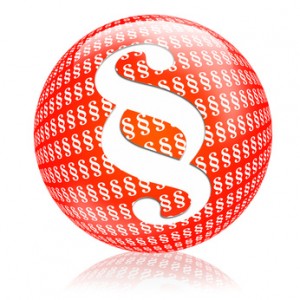In 2010 Apple was accused of conspiring with numerous publishers to artificially and illegally keep the price of e-books high. Now, a New York court has ruled that Apple played a central role in leading the price-fixing racket.
E-book illegal price fixing
Judge Denise Cote held that Apple had illegally conspired with publishers Hachette, Livre, Harper Collins, Simon & Schuster, Penguin and the German Holtzbrinck Group-owned Macmillan, to artificially keep e-book prices high.
The technology company and the publishers agreed an on agency model, similar to the German fixed book price system, which allowed the publishers to determine prices and Apple to secure a 30% commission.
Under a so-called ‘most-favoured-nation clause’ Apple was to be guaranteed the best price on the market, preventing the publishers from selling e-books more cheaply. The pressure of this model led competitor, Amazon, to switch to the agency model, after which the prices for e-books rose dramatically.
The court found that Apple had played a central in the antitrust affair and stressed that price fixing agreements represent an illegal breach of competition law.
Victory for consumers, defeat for Apple
A spokesman for the US Ministry of Justice hailed the judgment as a victory for millions of consumers who read e-books. For Apple, the judgment is a bitter blow which could lead to the company having to pay large sums in compensation and fines.
Appeal
While the publishers avoided litigation by settling, Apple has announced it will launch an appeal against the judgement. A spokesman for Apple said the firm denies the charges of illegally fixing prices. In a statement on the blog, ‘All Things D’, the company maintains: “We’ve done nothing wrong and we will appeal the judge’s decision”.
Apple asserts customers have not been disadvantaged by the most-favoured-nation clause, claiming that since introducing the iBookstore in 2010, customers have had more choice by diminishing Amazon’s stronghold on the market.
Legal position in Germany
Apple has also come under fire from European Union antitrust authorities. Following investigations, the technology company reached agreements with publishers in December 2012 allowing the publishers more flexibility to set prices of e-books for the next two years.
In terms of the German market, these developments will have little bearing. This is because German competition law allows publishers, under the fixed book pricing system, to dictate the prices bookshops charge for books.


